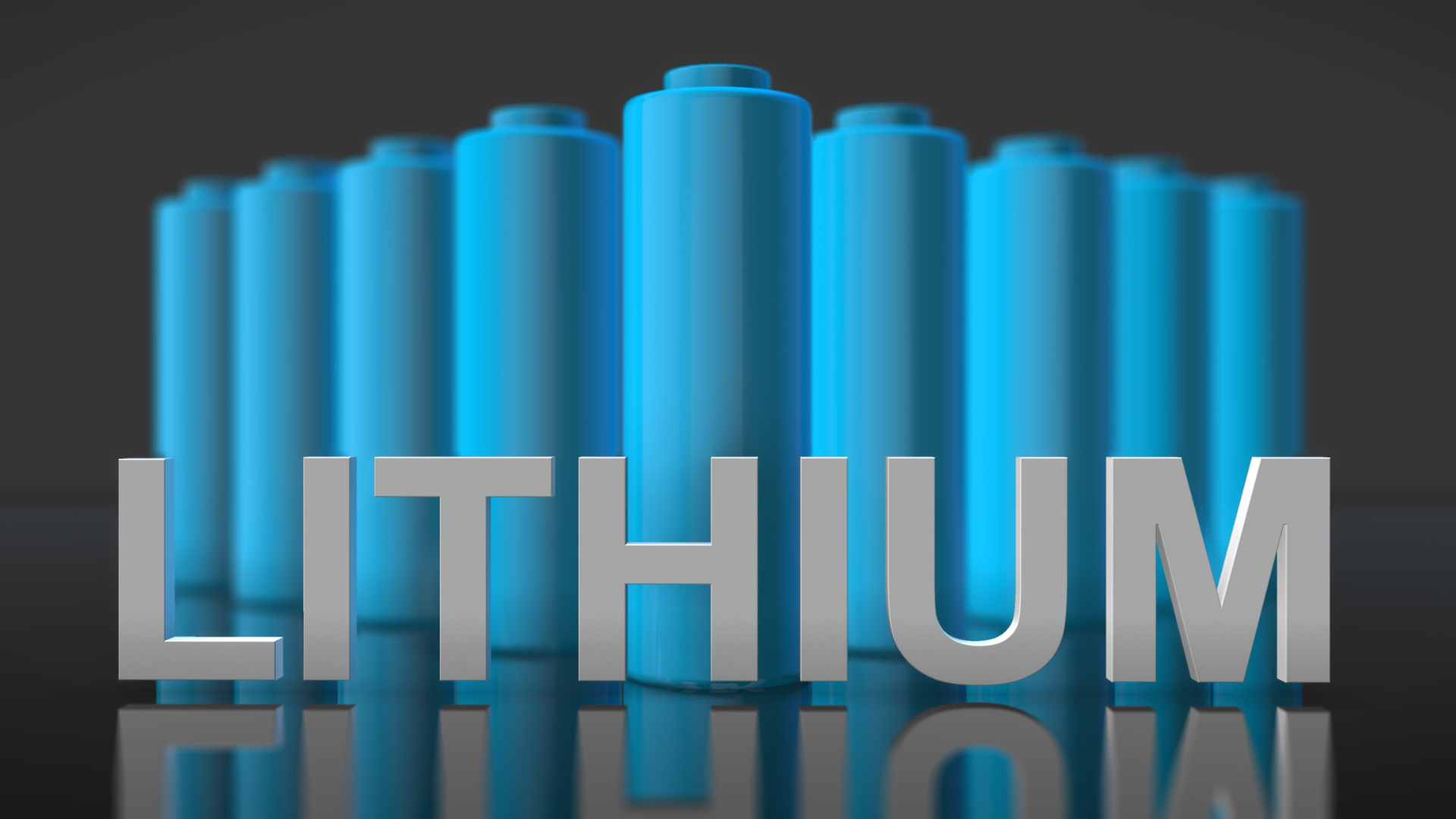![]()
Location Selection Lithium Ion Battery Recycling Plants
The surging demand for lithium-ion batteries in several industries, especially in electric vehicles (EVs) and renewable energy storage, has led to a growing concern about the environmental impact of their disposal. Recycling lithium-ion batteries is crucial to minimise environmental hazards and recover valuable resources. This blog discusses the strategic considerations for selecting optimal locations for lithium-ion battery recycling plants in India.
1. Proximity to Urban Centers:
One of the primary considerations for establishing recycling plants is their proximity to urban centres. Urban areas generate significant electronic waste, including lithium-ion batteries from devices like smartphones, laptops, and electric vehicles. Placing recycling facilities near these centres lowers transportation costs and carbon emissions related to long-distance transportation.
2. Infrastructure and Accessibility:
Choosing locations with robust infrastructure and easy accessibility is vital. Efficient transportation networks, including well-maintained roads and proximity to ports, facilitate the movement of batteries from collection points to recycling plants. Adequate infrastructure also ensures the smooth flow of raw materials and finished products, streamlining the recycling process.
3. Regulatory Compliance:
Understanding and complying with regulatory frameworks is crucial for successfully operating recycling plants. Different states in India may have varying waste management and recycling regulations. Choosing a location with favourable regulatory conditions and a supportive government can simplify the permitting process and ensure compliance with environmental standards.
4. Environmental Impact:
Considering the environmental impact is integral to sustainable business practices. Selecting locations with minimal environmental sensitivity helps avoid potential conflicts with local communities and ecosystems. It also reduces the risk of soil and water contamination, ensuring the long-term viability of the recycling facility.
5. Availability of Skilled Labor:
Recycling lithium-ion batteries requires specialised skills and knowledge. Therefore, choosing locations with access to a skilled labour pool is essential. Proximity to educational institutions and training centres that offer relevant courses can ensure a steady supply of qualified personnel for the recycling plant.
6. Economic Incentives:
Many governments provide economic incentives to promote environmentally friendly practices. Investigating the availability of subsidies, tax breaks, or other financial incentives for recycling plants in specific locations can significantly impact the overall cost-effectiveness of the project.
7. Market Demand and Potential Partnerships:
Evaluating the local and regional market demand for recycled battery materials is essential. Proximity to manufacturers who use recycled materials in their production processes can create potential partnerships and enhance the overall sustainability of the recycling plant.
8. Risk Analysis:
Performing a thorough risk analysis is crucial for long-term success. Factors such as geopolitical stability, climate-related risks, and potential natural disasters should be considered. Choosing locations with lower inherent risks can safeguard the plant against unforeseen challenges.
Conclusion
The strategic location selection for lithium-ion battery recycling plants in India involves a holistic approach, considering environmental, economic, and social factors. Among the key considerations are proximity to urban centres, robust infrastructure, regulatory compliance, and environmental impact. Additionally, focusing on skilled labour availability, economic incentives, market demand, and risk analysis can contribute to the success and sustainability of recycling operations. By carefully evaluating these factors, businesses can make informed decisions that profit both the environment and the overall economic landscape.





